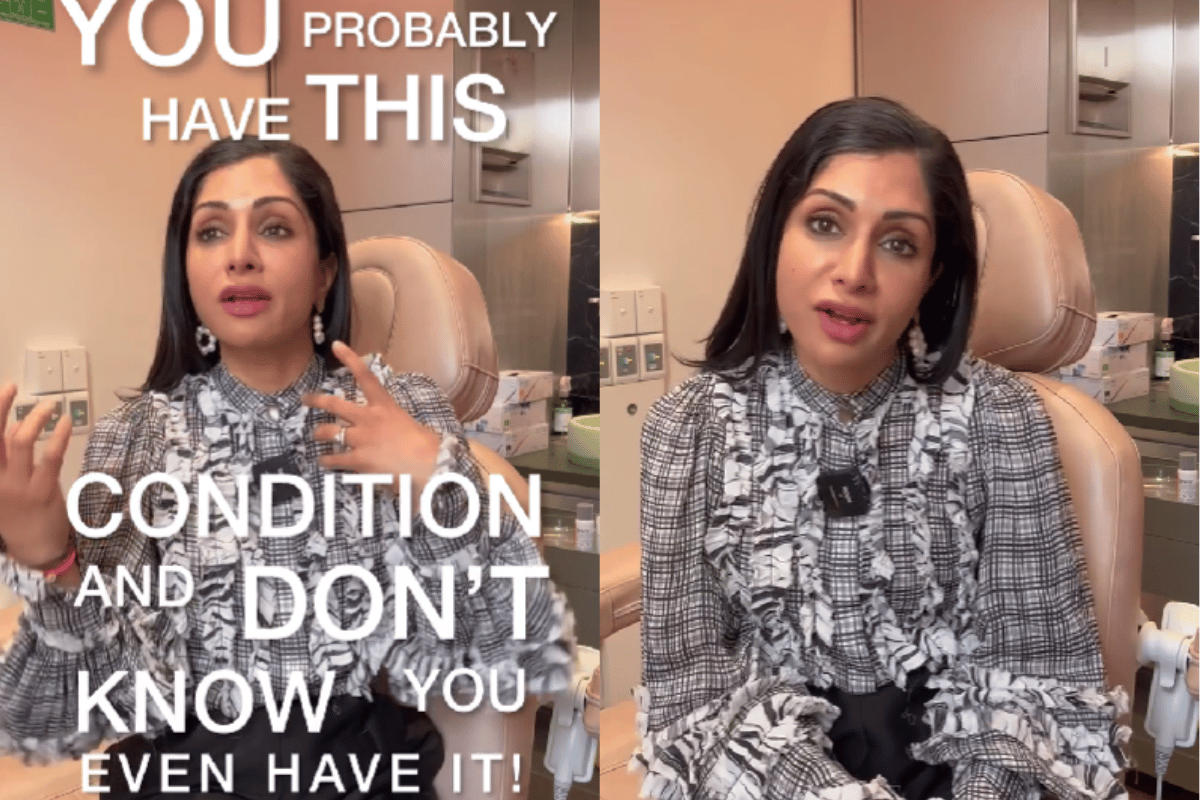
Everyone has a few chief skin concerns they wish would disappear. EVERYONE. Even Gwyneth Paltrow - we promise. And as you reach your 50s and beyond, it can seem hella confusing when it comes to the best way to treat said concerns. Because it is! It really is.
The fact is that the over-50s demographic is subject to more outlandish claims than other demographics - the market is BURSTING with skincare products and high-tech treatments that promise quick fixes for absolutely everything (plus more). It's enough to make anyone feel overwhelmed.
The You Beauty Facebook group (not a member? Missing out!) is bursting with beautiful 50 and over Youbies asking for skincare advice on the daily - so we thought we'd cut out some of the noise.
Watch: Here are 7 ways to improve your skin while sleeping. Post continues below.
That's why we hit up dermatologist Dr Shammi Theesan (who goes by Dr Shammi) from ODE Dermatology in Melbourne and asked her all the different ways we can address some of the most common skin concerns you'll experience in your fifties.
Just for the record, all of these skin concerns are just a completely normal part of ageing that everyone will experience. So don't feel like they're things you have to 'fix'. But if it's something that's really bothering you, it's worth knowing an expert's opinion on the best options out there. Because there's nothing worse than wasting your money on products or treatments that don't work.
Top Comments